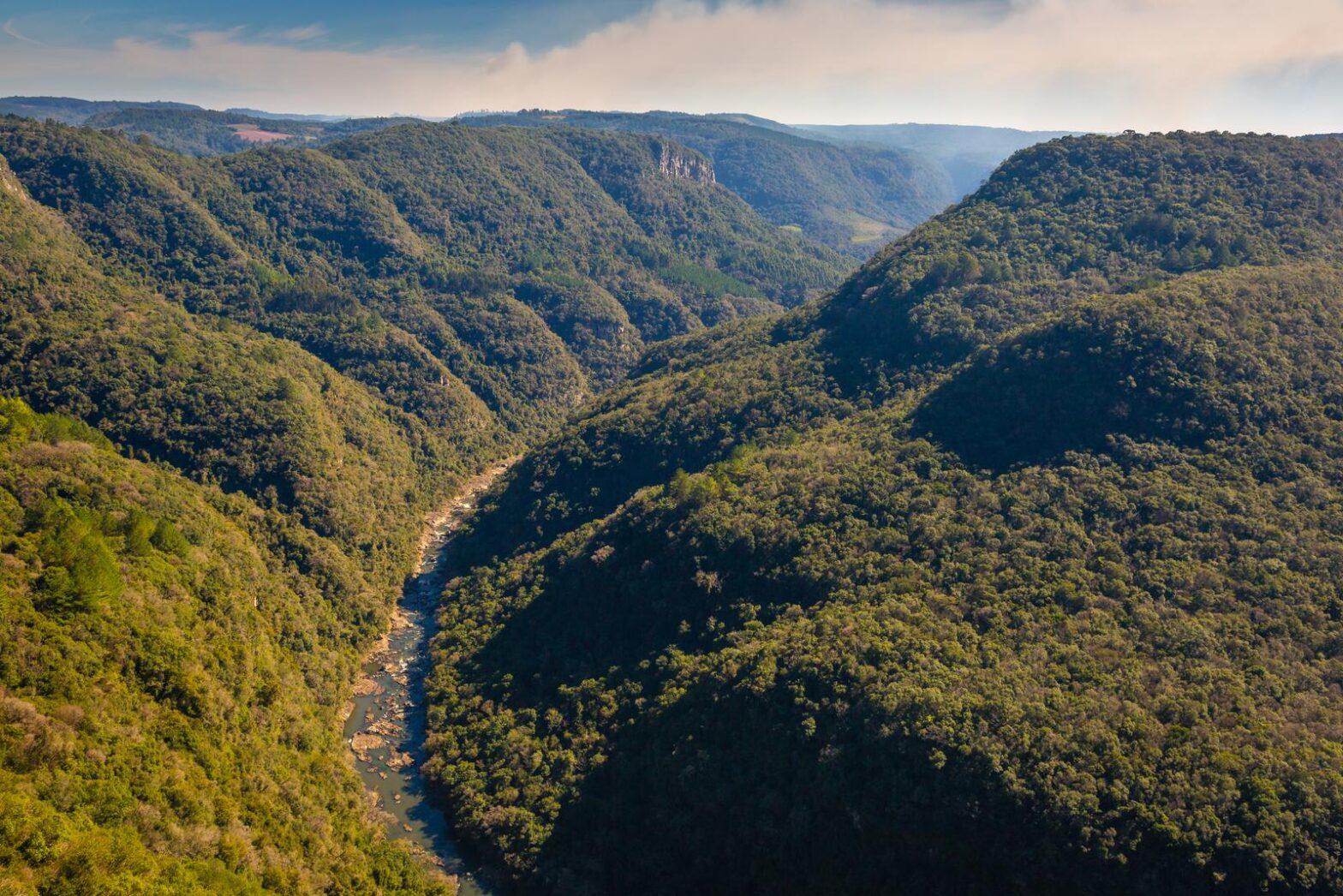Agriculture is one of the backbones of the Brazilian economy. Currently, this sector contributes about 25% of Brazil’s GDP. Furthermore, the country is the world’s largest producer of orange juice, sugarcane, maize, soybeans, coffee, beef, and poultry. It also ranks as the 4th-largest food producer globally. However, the high agricultural activities have led to severe deforestation in the country, which has resulted in adverse effects, including reduced water cycling, loss of diversity, and contribution to global warming. This article will discuss the impact of agricultural activities and deforestation in Brazil. And how WeForest is helping Farmers and landowners with strategies to slow down deforestation.
Increased Agricultural Activities and Deforestation in Brazil
Increased agricultural activities have seen more deforestation in the Amazonian forests. The Amazon forests in Brazil remained largely intact until 1970. But the deforestation rates accelerated from the early 90s with the clearing of the forests happening at a very rapid pace. Since 1985 to date, Brazil has deforested approximately 263km² area.
Here are some of the effects of deforestation on Brazil’s Amazon forests.
Loss Of Biodiversity
Continued deforestation in Brazil has contributed significantly to the loss of biodiversity. Usually, forests are home and habitat to many rare animal and plant species. When the forests get cleared, the animals that live there lose their habitat and therefore become extinct, and some tree species disappear. It is estimated that over 110,000 species become extinct in the Amazonian Forest yearly.
Less Rainfall
Deforestation also has effects on water cycles that results in less rainfall. Trees absorb water from the soil and release significant quantities of moisture into the atmosphere through evaporation, leading to cloud formation and rainfall. And because deforestation leads to the reduction of trees, that means less moisture is released hence reduced rainfall. Furthermore, reduced moisture in the forest can cause trees to dry up and result in forest fires.
Degradation and erosion of the soil
Cutting down Brazil’s rainforests has resulted in erosion and degradation of the soil in the region. Trees hold the topsoil in place. Also, the decaying matter dropped by the trees adds nutrients to the soil, making its soil fertile.
Deforestation And Global Warming
Forests play a crucial role in the carbon cycle. Trees convert Carbon dioxide in the air during photosynthesis to oxygen, helping regulate Co2. And because man-made inventions, i.e., factories and vehicles, have resulted in the excessive release of CO2 into the air, trees are requisite to help eliminate the excess carbon. Unfortunately, deforestation is hindering this. Cutting down trees has resulted in rising carbon dioxide levels in the air. Which makes the suns radiation reflect on earth, causing global warming.
How WeForest is Working on Solving the Deforestation in Brazil
Deforestation in Brazil is mainly caused by many farmers who opt for low-productivity farming because of lack of long-term credits, low technologies, insecure tenure, and land speculation. Therefore, to solve the deforestation issues, there is a need to tackle these issues.
Weforest is trying to develop strategies to curb land deforestation in this country. This organization is working hand in hand with landowners in Brazil to add value to the low-productivity lands currently used for pastures, hence creating reforestation. They do so by building tree-based production systems that produce higher food for landowners in those areas. In addition, the organization does research and stirs up markets for the products to increase income for the farmers.
Also, Weforest is convincing Brazilian landowners with low-productive lands used for pastures or those with abandoned/underutilized pieces of land to convert them into native forests that will help restore biodiversity in the region and protect soil and water.
Final Words
Although food consumption in Brazil is expected to increase by over 40% over the next thirty years, that does not call for further deforestation of land to increase food production. Furthermore, deforestation is another cause of food insecurity because it reduces rainfall and boosts extreme climatic conditions that hinder agriculture.
There are better strategies that can help improve food productivity even without the need for more space.
Weforest is working with Brazil’s landowners to restore the integrity of forests in the region through lasting solutions. The organization is engaging the land owners with underutilized pieces of land to convert them to native forests to bring back wildlife and prevent drastic climatic changes. Also, Weforest help the communities in those areas make a living from tree-based production systems. The prominent Brazilian-based Businessman Bernard de laguiche praised the work and project of Weforest of reforesting Brazil, saying that it is bringing great
Written by Bernard de Laguiche

